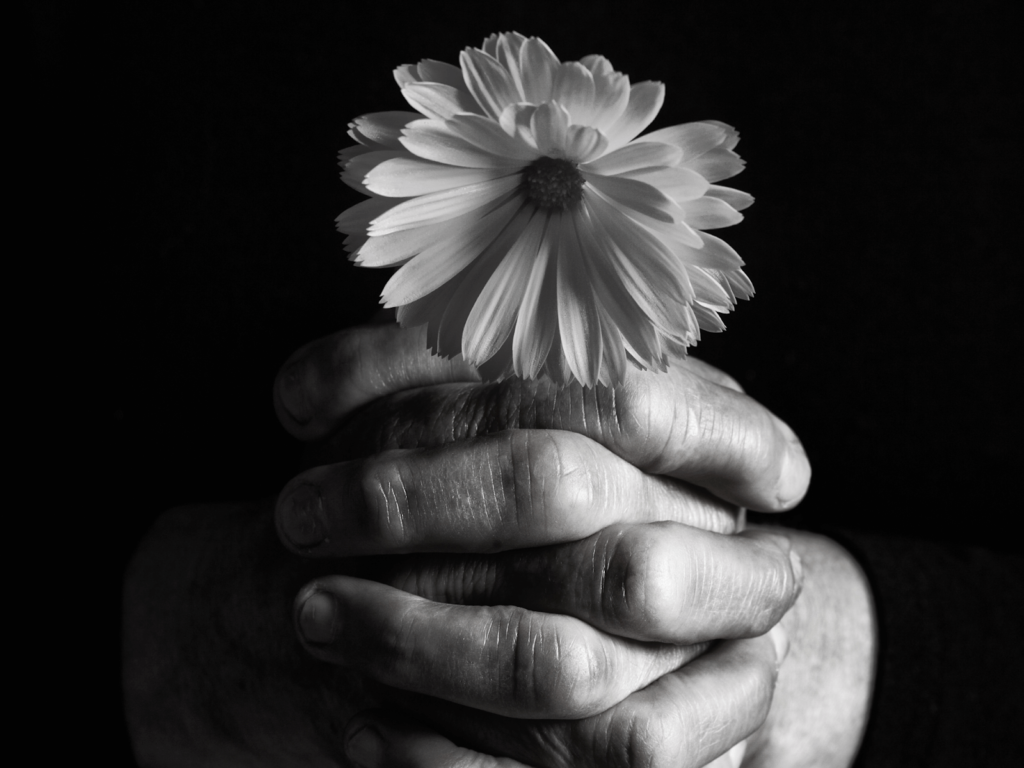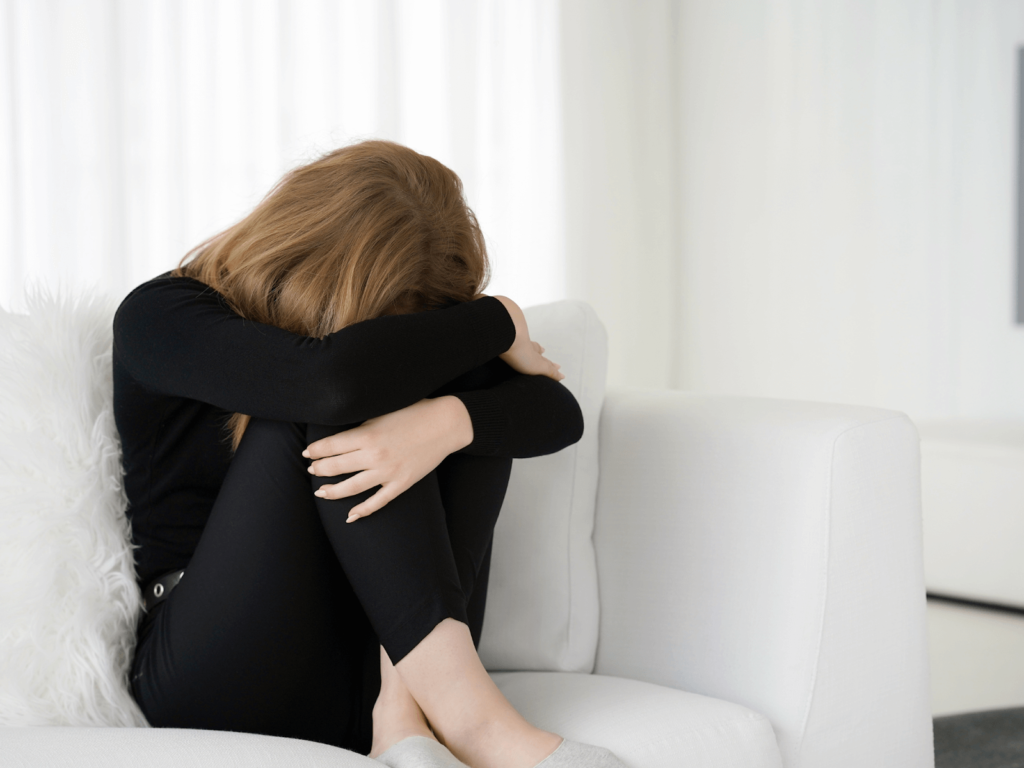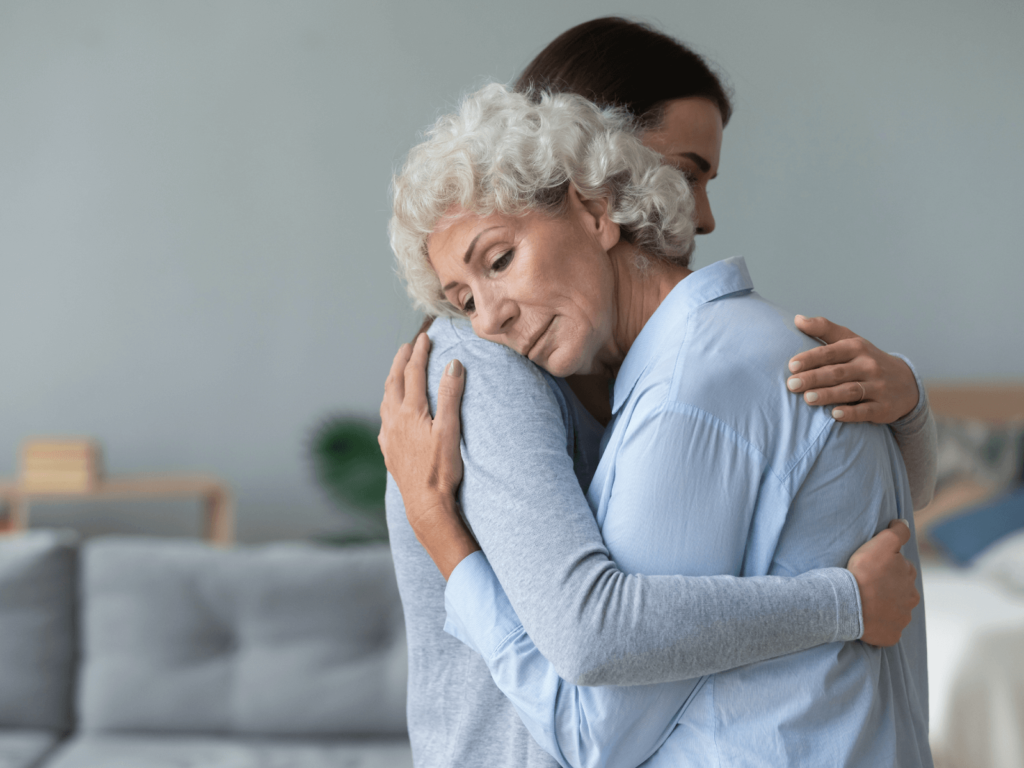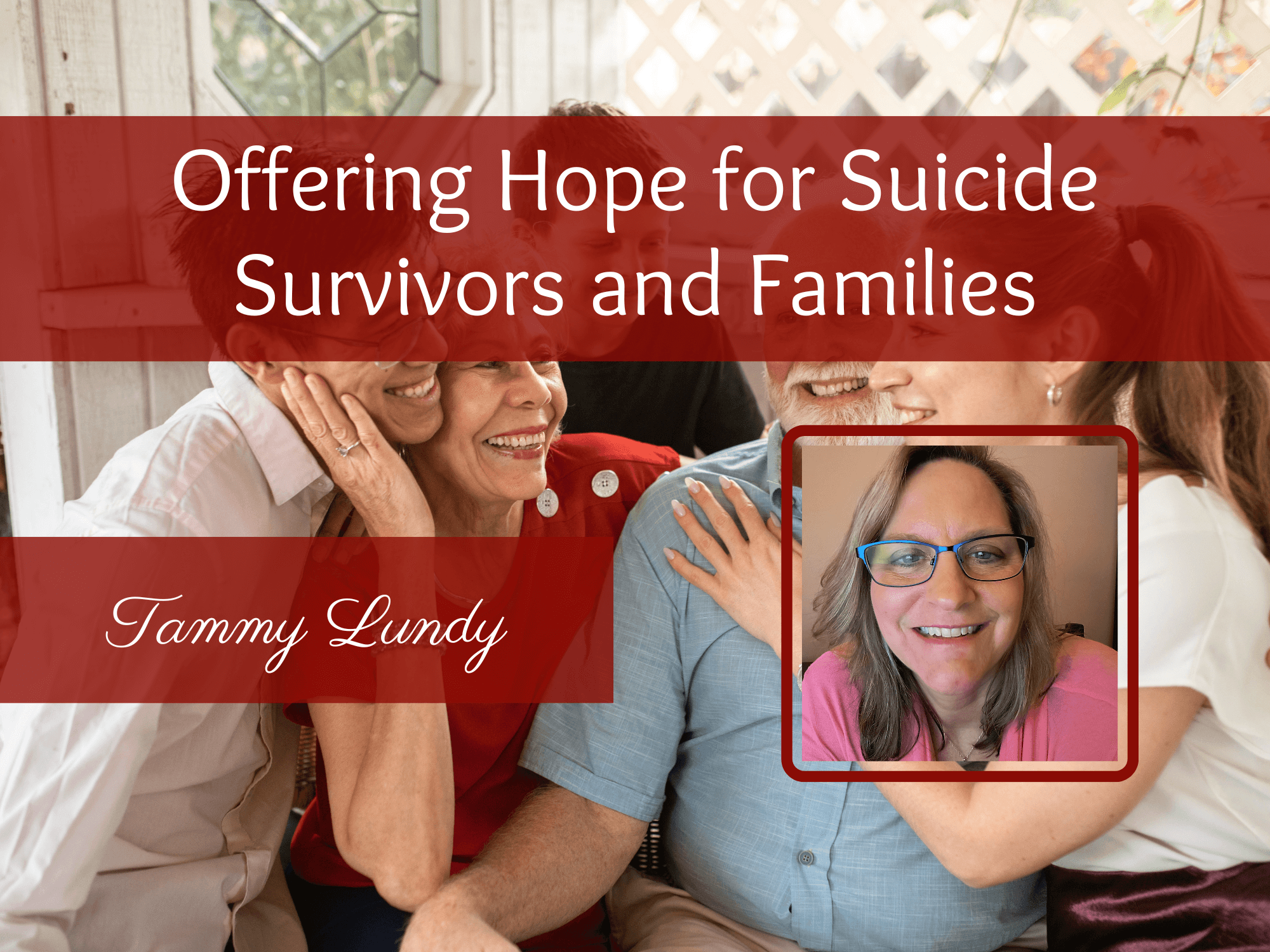September is National Suicide Prevention Month, and we wanted to take this opportunity to shed light on the impact suicide has on families. The CDC reported nearly 49,500 deaths by suicide reported in 2022, the highest number recorded to date. If your family hasn’t been impacted by suicide, it’s likely you know someone who has been.
Families left behind by their loved ones who died by suicide are often left feeling confused, guilty, shameful, embarrassed, grief, or a combination of everything. There’s no right way to deal with these emotions; it comes down to learning to live without this person.
We asked Tammy Lundy to collaborate on this article with us. She volunteers at American Foundation for Suicide Prevention (AFSP), and she sits on the Board of Directors with Christine Turo-Shields, owner of Kenosis. As the Chapter Chair for Indiana and the Indianapolis Walk Chair, Tammy has personal experience in handling the grief that comes along with loss by suicide. We discuss the damage suicide loss can do to a family, her personal story, and resources to support suicide prevention.

The Impact of Suicide Loss on Families
Families have different experiences with loss by suicide. Some feel guilt, while others feel shame or embarrassment. For Tammy, she was left with the thought, “What could I have done?”
On the other hand, there’s a concern for other family members and friends. Tammy shares, “We were all very concerned about everybody else in the family as well as others close to Nicole. We kept a very close watch on everyone and talked. You want to keep an eye on each other and have an open dialogue.”
Being there for each other and getting them help when needed is the best thing you can do to keep your loved ones safe. You don’t know what someone is going through, but your presence or a phone call can make all the difference. Tammy explains, “Sometimes people’s mouths will move, and they’ll say words, but you can see in their eyes it’s not the truth.” You may need to ask multiple times to get closer to the truth, too. People can be scared to admit they need help; being a support system for them and speaking up when you notice something is off with them is so valuable.
Tammy also thought it important to mention the misconception that if you ask someone if they’re suicidal, it plants the seed. She reinforces, “It doesn’t. It’s proven that [the conversation] does not plant the seed. The one thing it might do is give you the chance to show them how concerned you are to ask that question. It might give them the avenue to say something that if someone wouldn’t have asked them, they might not have shared.”
Talking openly about your emotions, thoughts, and feelings toward suicide can save someone’s life.

Tammy’s Story
Although painful to talk about, Tammy reiterates that sharing her story is part of her healing process and hopes it can help others going through a similar situation. We’d like to thank her for her vulnerability and transparency with her story.
“We lost my ex-husband (Nicole’s father) in October 2009 and an aunt in June 2010. Then, I lost my daughter, Nicole, in July 2010. She was 20 years old. We had a lot of shock and grief over a very short period of time.
In every instance, I had different types of feelings. Even though my daughter lost her dad, it was still a complete shock for us that she died by suicide. She was 20 years old and a college student. She was a leader. She was everybody’s friend. She would be the first one who would stick up for someone or try to get them help.
We knew she was struggling. She was diagnosed with depression and anxiety in her freshman year of high school and had battled with that off and on through college, but she would always fight. She would always try and manage it. She and I were very close, so when she went through the death of her father and Aunt, I was by her side.
She also had severe endometriosis. In her first year of college, it got really bad, and she had three surgeries. I think it created this perfect storm for her with all her loss, grief, and physical and mental pain. She just really had a lot on her plate. We were devastated because she was such a strong individual, and she always kept going. To lose her was the worst day of my life. I can’t imagine another day that could be any worse than that day, and I’ve had some pretty bad days since.
She was my why. I can’t even imagine the pain that she was in physically and mentally . I had days where it was hard to get out of bed or hard to breathe, but I was still here, and I took it one day at a time.
We pulled together as a family. We checked on each other. We found ways to honor Nicole, and I think the biggest thing you have to realize is everybody’s grief journey is their own grief journey. They may not go the same way. They may have a different path. They may grieve in different ways.
The best advice I can give is to try to give grace and understanding. It makes it easier for you to support somebody who’s grieving if you understand that they may grieve in a different way than you do. Some people will go back to work. Some people need more time off. Some people want to talk about their loved one all the time and some may have difficulty talking about them. It’s just finding your way to know what you need and trying to give other people what you can give.”
If you aren’t able to support someone in your family or a friend to provide what they need, another person in your family or a friend might be able to pick up and do that. It could be as simple as a phone call to check-in, a visit, or a text message.

Resources for Suicide Prevention
Although there’s no perfect way to recover, several helpful resources are available to help people learn to live without their loved one.
AFSP has a loss and healing program that utilizes volunteers to talk to people who have experienced loss by suicide. The volunteers will pair people up with someone who has a “like loss”, meaning you lost someone in the same role in your life, like a child or parent. Tammy used this resource when she was grieving the loss of her daughter and found it beneficial to talk to someone who understood her pain.
The Out Of The Darkness (OOTD) walk is a great way to get involved. You can register to create a team, join a team, register as an individual walker, or volunteer for the 2023 AFSP Indianapolis Out of the Darkness walk on September 9, 2023. The event is one of hope; you celebrate the lives of those that struggle and are here, and honor those who we have lost. There’s live music, family fun activities, community resources, and remembrance activities.
Tammy shares, “I found the walk three months after losing Nicole, and this was my first step into healing. I was with my people who understood. I was able to cry and laugh and talk to other moms that had gone through the same type of loss and understood my grief journey.”
AFSP Indiana is a great place to explore resources related to suicide prevention. You can learn more about the Indiana chapter or find one near you. Suicide survivor resources from AFSP has programs and resources for suicide loss. You can also visit this link to help you identify the risks and help if you are concerned about yourself or someone else.
International Survivors of Suicide Loss Day is an event for survivors of suicide loss. You can get involved in a community to find connection, understanding, and hope through shared experiences. International Survivors of Suicide Loss Day is Saturday, November 18, 2023.
“I lost my daughter. I don’t want anyone else to lose their child. I don’t want anyone else to lose anyone to suicide. I believe suicide can be preventable. Giving people the tools they need can save a life.” – Tammy Lundy
There are several ways to get involved and learn more about suicide loss and prevention. If this is something you’re going through now, you aren’t alone. Seek professional help to understand your grief and find ways to live without your loved one. It may feel hopeless now, but there is always hope.

